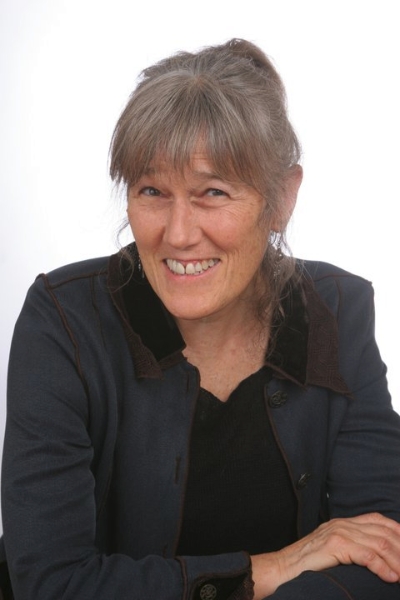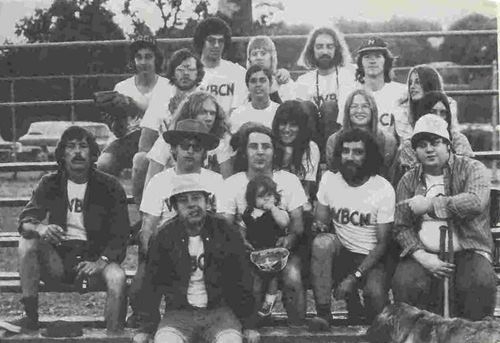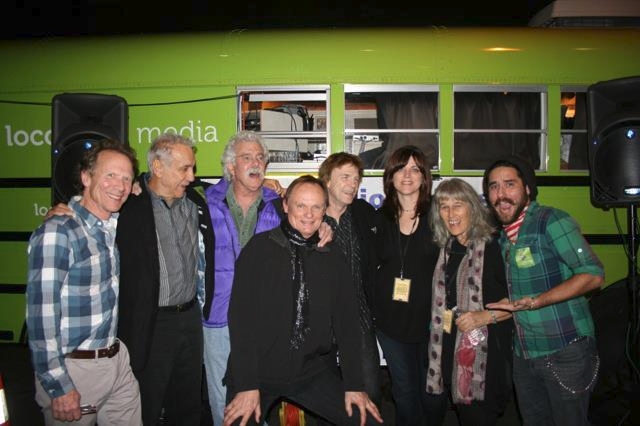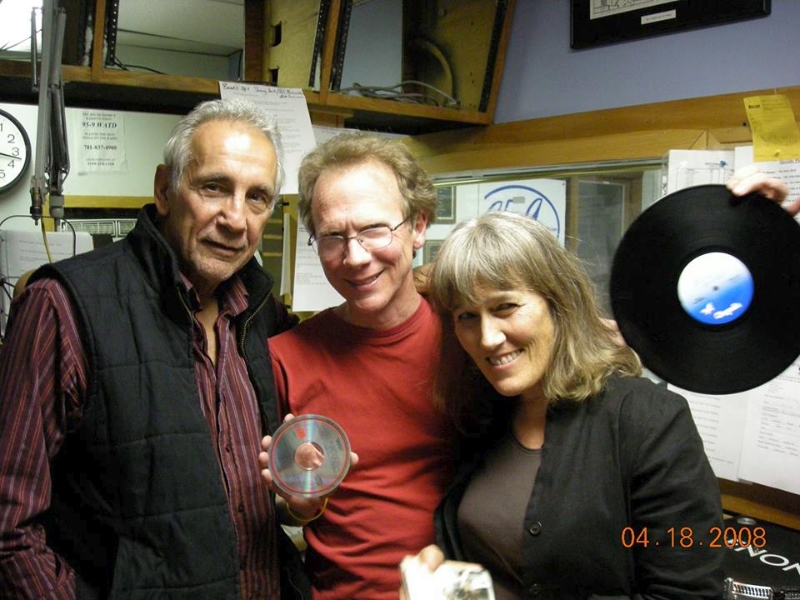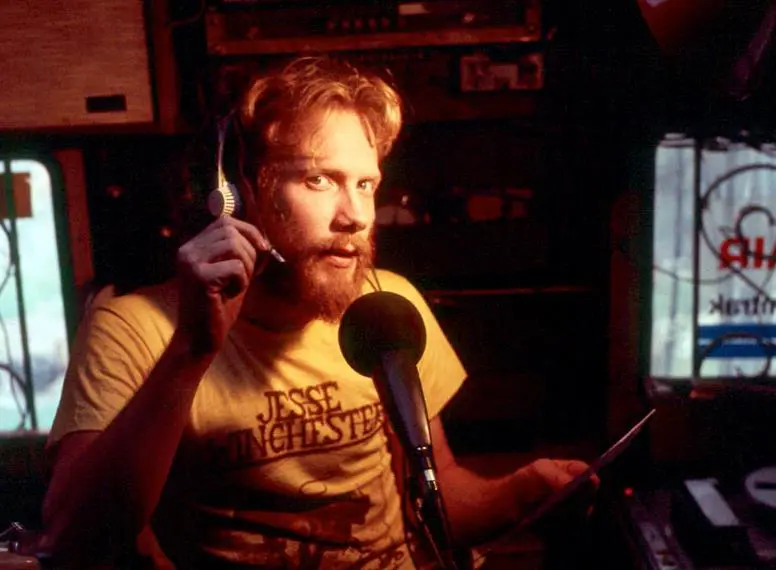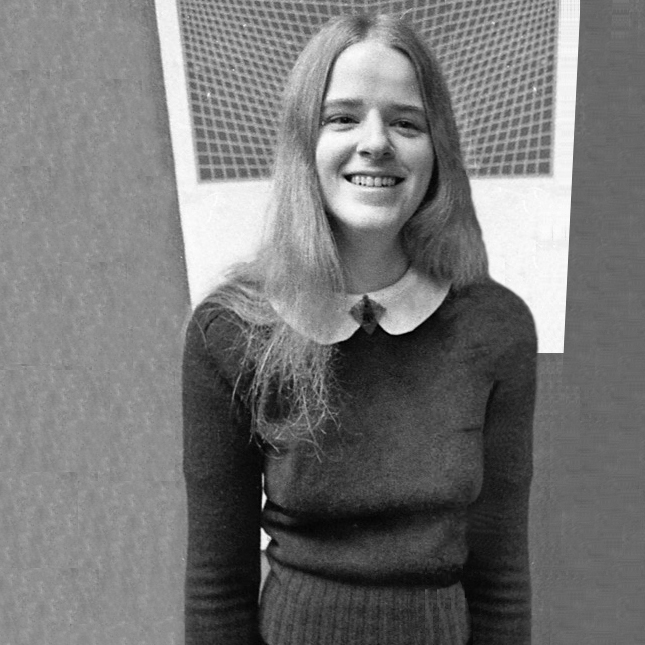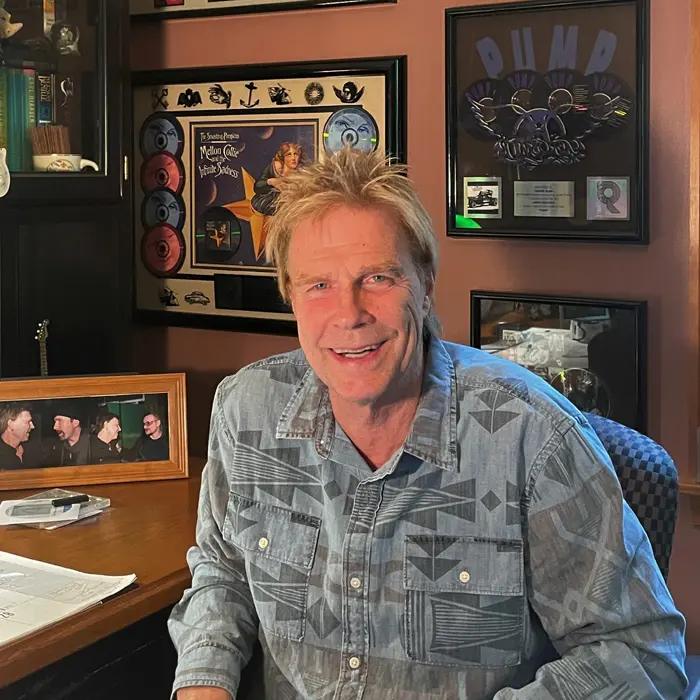Debbie Ullman
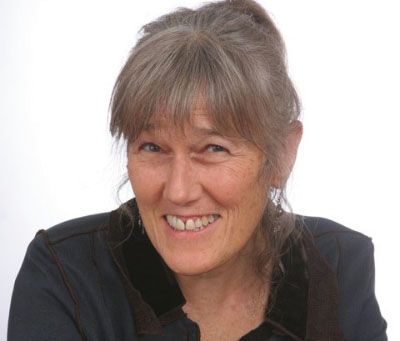
In 1969, Debbie Ullman became the first female deejay on WBCN after she volunteered to help transport the station’s voluminous record library from Newbury Street to its second home on Stuart Street. “I liked her voice, her intelligence and her spirit,” ‘BCN program director Sam Kopper says, noting how impressed he was when she took the initiative to take (and pass) the FCC radio license exam, which was very unusual at the time for a woman.
Becoming a deejay
Her opportunity to get on-air presented itself in the sales area one afternoon, when the full-time jocks arrived for a staff meeting. “That usually meant that somebody would play long tracks on the radio while they met,” she recalls. “Someone said, ‘Okay, we’re going to have a meeting in ten minutes; if you can learn the [air studio] board, you’re on.’ Apparently, I didn’t fumble things too badly!”
“The music programming was definitely about fun and hedonism and all that,” Ullman says about the station in its early days. “But there was also a very strong visionary sense. We actually saw the civil rights movement come to some degree of fruition and we were in the process of bringing the Vietnam War down. There was a tremendous sense that we could change the world.”
Departure, Return, Post-‘BCN activity
In 1970, Ullman was considered for a full-time shift but, after doing a summer of fill-in work, she flew the coop. “I was under the spell of Woodstock and had the urge for going. I was just ready to get into somebody’s car and drive out to California with my dog.” Later that year, she was persuaded to return and take over the morning show, and when Maxanne Sartori joined ‘BCN team in the spring of ’71, the station had female announcers in both the morning and the afternoon shifts. Ullman stayed at the station for two more years and has lived on Cape Cod for most of her life, working as a therapist and the editor and co-director of GestaltPress.
(by Carter Alan)
Carter Alan is a former WBCN deejay now heard on WZLX-FM in Boston. He is the author of Radio Free Boston: The Rise and Fall of WBCN (University Press of New England, 2013).

